The historic congressional district of Memphis, currently and for many years designated as Tennessee’s 9th, has generally been one of long incumbencies.
The seat’s current inhabitant Steve Cohen, a Democrat and a longtime member of the state Senate, won it in 2006, after Harold Ford Jr., who had succeeded his father in the seat, had let go of it to seek an open U.S. Senate seat.
The two Fords, both Democrats, had served the 9th for a total of 32 years, beginning in 1974 when Ford Sr. pried it loose in what was then regarded as an upset, from Dan Kuykendall, the only Republican ever to hold the seat, at least in modern times.
Kuykendall had won the seat in 1966, defeating liberal Democrat George Grider, who in 1964 had won a Democratic primary race against Cliff Davis, a longtime member of the old Crump political machine who had held the Memphis seat for a full quarter century.
From an historical perspective, the relatively brief Grider/Kuykendall period, during which Republicans had, both locally and statewide, enjoyed a resurgence, was the only real time of rapid flux in the district’s — which is to say, the city’s — voting habits.
Before then, Memphis and the 9th had voted the traditional Southern Democratic party line. And, after that, with the Fords’ advent, that line bore the imprimatur of the growing political dominance of African Americans.
Cohen, white and Jewish, won the seat in 2006, taking advantage of a split among a dozen-odd Black primary opponents, and he has held it ever since — successfully taking on a series of name Black primary opponents and defeating them all, one-on-one, usually with ease.
He would seem clearly on that record to have represented his majority-Black district faithfully.
Cohen’s main current primary challenger is no slouch. Lawyer Corey Strong is a former Democratic Party chair with a background in education and military affairs (U.S. Naval Academy, two tours of Afghanistan).
Faced with Cohen’s enduring popularity and his million-dollar war chest, Strong has done the best he can, chiding Cohen for his often antic behavior and claiming the incumbent has not helped to keep the city’s infrastructure current (despite an impressive record of securing grants and Cohen’s recent announcement of $400 million for a new I-55 bridge).

Other races of note on the August 1st ballot:
• A free-for-all in the Democratic primary for the U.S. Senate, with Knoxville state Rep. Gloria Johnson (she of the “Tennessee Three”) vying with Memphian Marquita Bradshaw and others for the right to take on Republican incumbent Marsha Blackburn in November
• Another brisk competition in the Democratic 8th District congressional primary, with Sarah Freeman, Leonard Perkins, Lawrence A. Pivnick, Lynnette P. Williams, and Brenda Woods, competing for a November shot against GOP incumbent David Kustoff
• A Democratic primary challenge to District 30 state Senator Sara Kyle from Erika Stotts Pearson
• A primary challenge to District 84 Democratic state Rep. Joe Towns from Vernell Williams
• A primary challenge to District 86 state Rep. Justin J. Pearson (he of the “Tennessee Three”) by David Page
• A Democratic primary challenge to District 93 state Rep. G.A. Hardaway from Lashanta Rudd
• A hot race in the Democratic primary for the open District 96 state House seat involving contestants Eric Dunn, Telisa Franklin, Gabby Salinas, Orrden Williams, and David Winston
• A Republican Party challenge to District 97 state Rep. John Gillespie from Christina Oppenhuizen
• A general election race for General Sessions Court clerk between Democrat Tami Sawyer and Republican Lisa Arnold

Along with other offices to be decided this year, five of the nine seats on the Memphis-Shelby County School Board are on the August ballot. Candidates are:
• District 2: Ernest Gillespie III, Althea Greene (incumbent), and Natalie McKinney
• District 3: Jesse Jeff, Stephanie Love (incumbent), Ozell Pace Jr., and Angela Rogers
• District 4: James Q. Bacchus, Alvin Crook, Eric Harris, Tamarques Porter, and Anecia Washington
• District 5: Mauricio Calvo (incumbent), Audrey Elion, and Sable Otey
• District 7: Chavez G. Donelson, Danielle Huggins, Frank William Johnson (incumbent), Towanna C. Murphy, and Jason Sharif
Saturday of this week will see the end of early voting for the August 1st Shelby County general election and the state and federal primary elections.
As a reminder, Monday through Friday, early voting locations are open 10 a.m. to 4 p.m., with the exception of the Shelby County Election Commission site which is open 9 a.m. to 5 p.m. Weekend times for all sites are 8 a.m. to 4 p.m. on Saturday, July 27th.
Early voting sites (in Memphis except where otherwise indicated) are:
• Abundant Grace Fellowship Church, 1574 E. Shelby Drive
• Anointed Temple of Praise, 3939 Riverdale Road
• Arlington Safe Room, 11842 Otto Lane, Arlington
• Baker Community Center, 7942 Church Road, Millington
• Briarwood Community Church, 1900 N. Germantown Parkway
• Collierville Church of Christ, 575 Shelton Drive, Collierville
• Compassion Church, 3505 S. Houston Levee Road
• Dave Wells Community Center, 915 Chelsea Avenue
• Ed Rice Community Center, 2935 N. Watkins Street
• Gaisman Community Center, 4223 Macon Road
• Glenview Community Center, 1141 S. Barksdale Street
• Greater Lewis St. Baptist Church, 152 E. Parkway N.
• Greater Middle Baptist Church, 4982 Knight Arnold Road
• Harmony Church, 6740 St. Elmo Road, Bartlett
• I.H. Clubhouse, 4523 Canada Road, Lakeland
• Mississippi Boulevard Church Family Life Center, 70 N. Bellevue Boulevard
• Mt. Pisgah Missionary Baptist Church, 1234 Pisgah Road
• Mt. Zion Baptist Church, 60 S. Parkway E.
• New Bethel Missionary Baptist Church, 7786 Poplar Pike, Germantown
• Raleigh United Methodist Church, 3295 Powers Road
• Riverside Missionary Baptist Church, 3560 S. Third Street
• Second Baptist Church, 4680 Walnut Grove Road
• Shelby County Election Commission, James Meredith Building, 157 Poplar Avenue
• Solomon Temple MB Church, 1460 Winchester Road
• TN Shakespeare Company, 7950 Trinity Road, Cordova
• White Station Church of Christ, 1106 Colonial Road
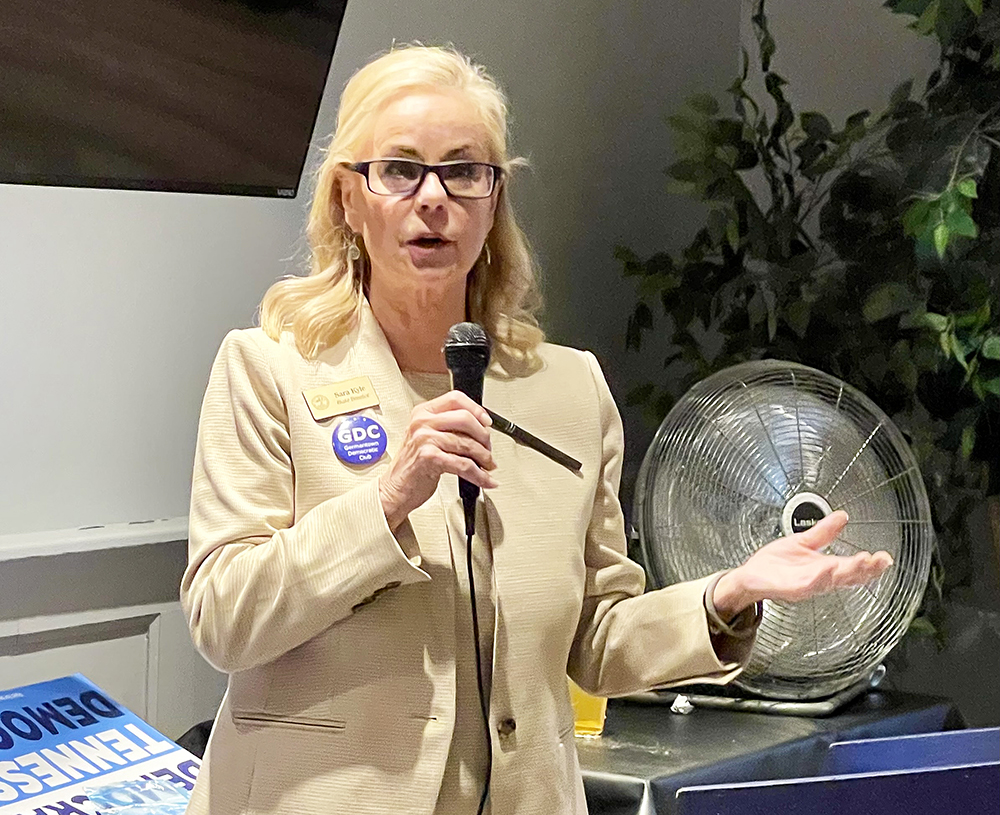

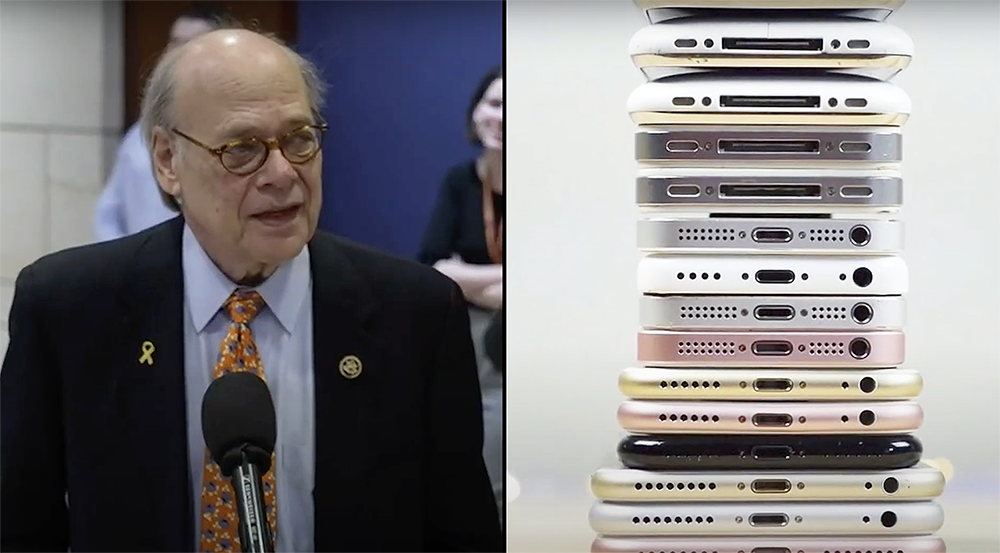


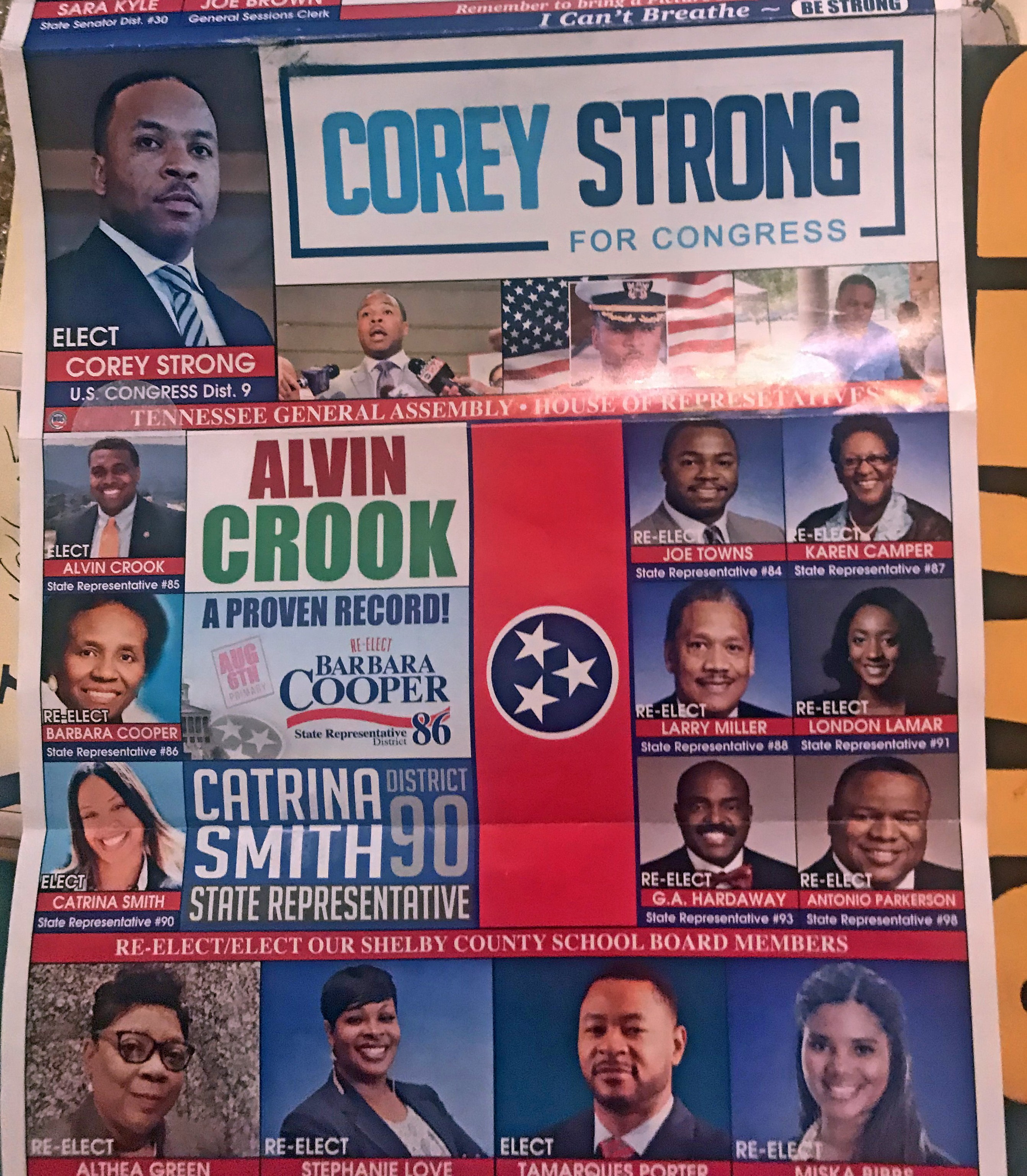
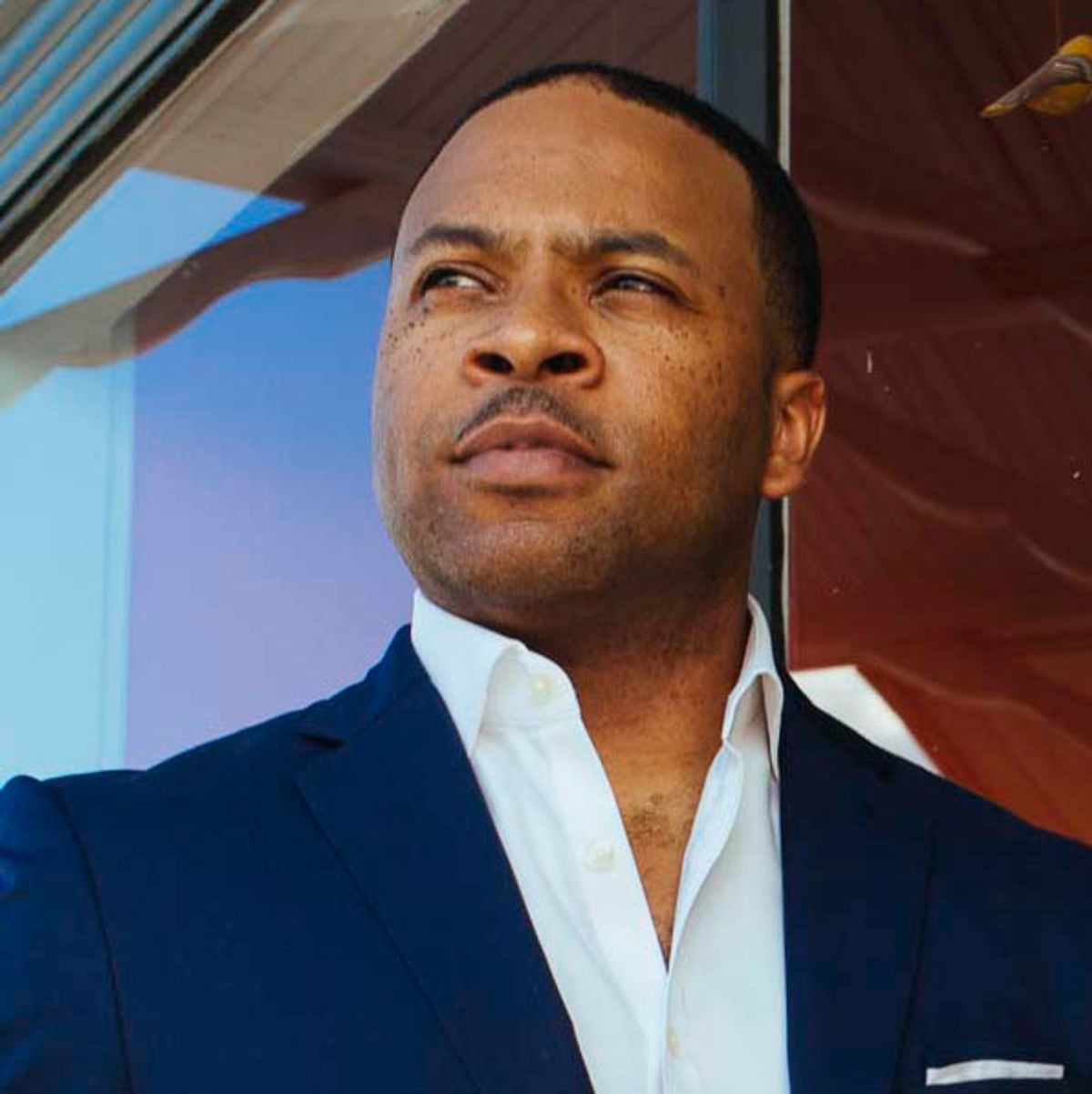
 Jackson Baker
Jackson Baker 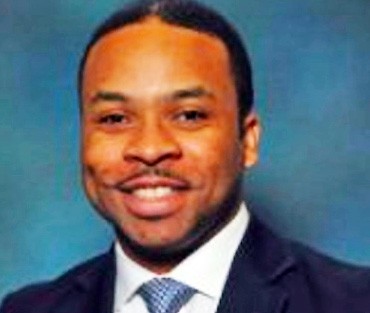
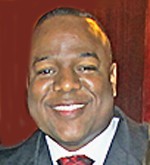 JB
JB 